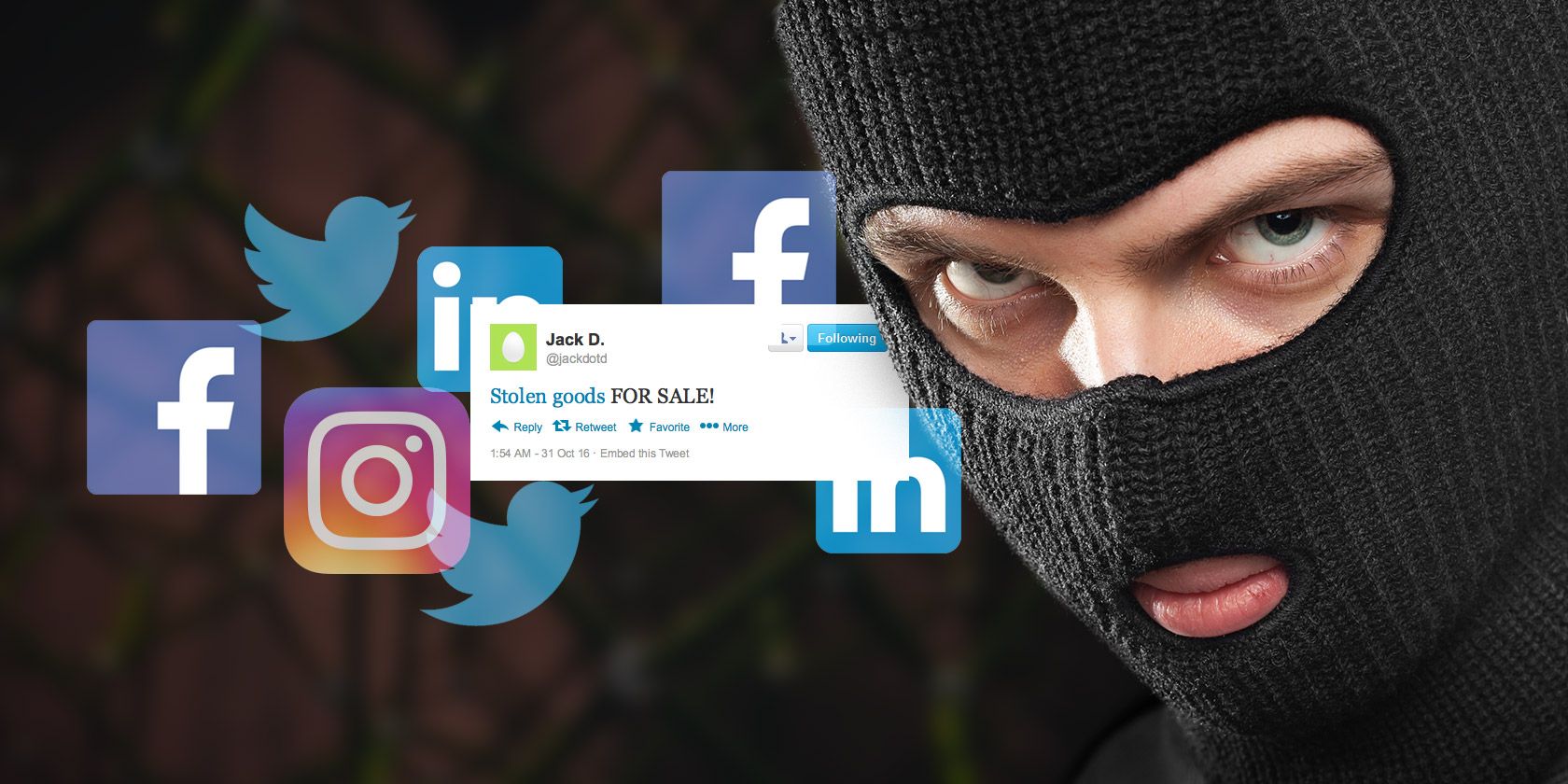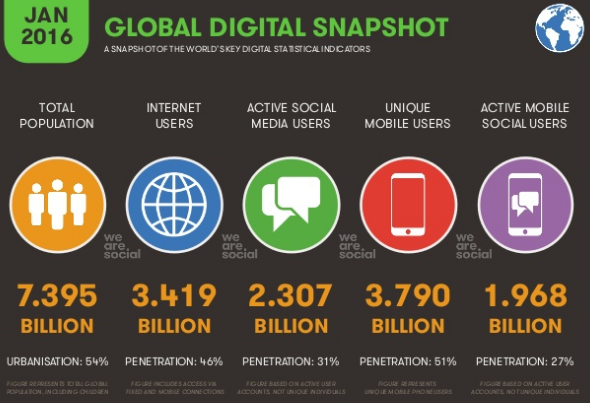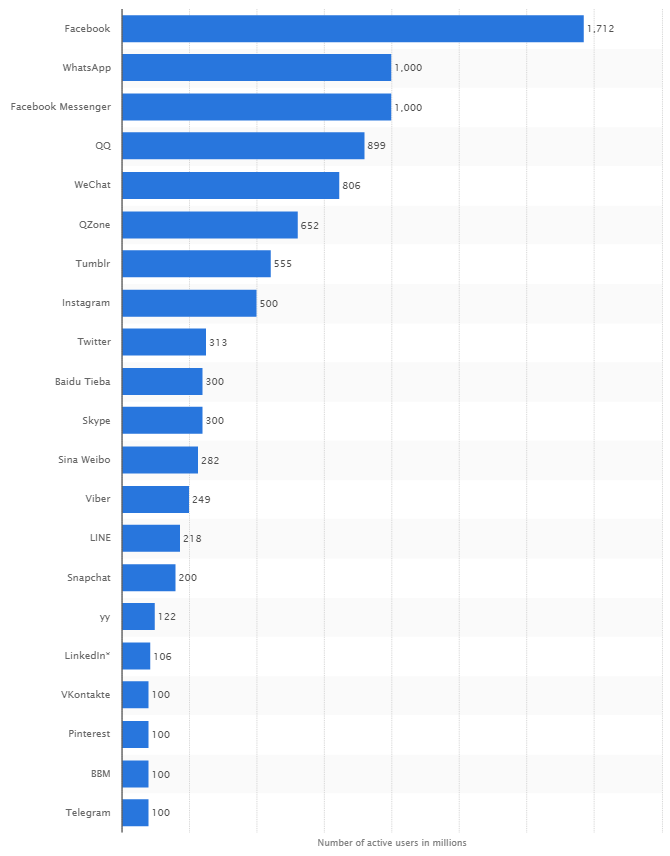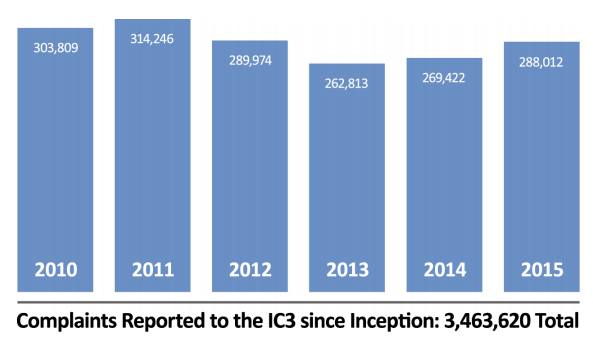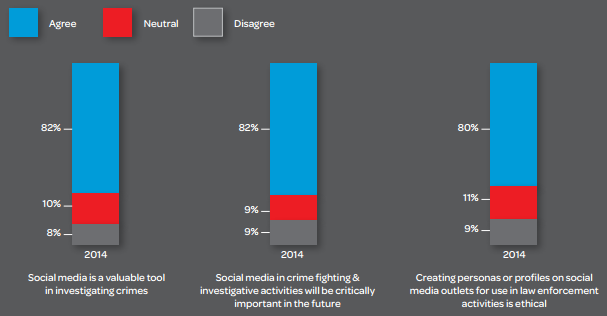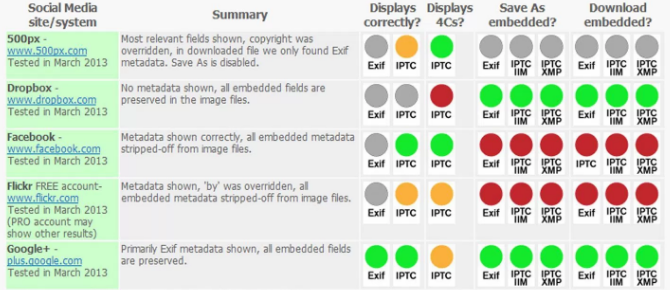When it comes to instant information dissemination, social media leads the way. In January 2016, there were an estimated 2.3 billion social media users. Global population stands at around 7.4 billion, so you understand the sheer power in numbers behind social media.
Of that figure, Facebook accounts for over 1.7 billion users. Social media users aren't usually limited to one network either. Twitter, Instagram, Tumblr, Reddit and others all have their own enormous followings. As well as this, social messaging apps such as WhatsApp, Kik, Viber, and Telegram have encouraged millions of users to eschew traditional mobile device communication in favor of their integrated platforms.
The result is an interconnected jumble of individual users able to seamlessly communicate across the globe. Social media isn't just cat memes and prank videos, though. 21st Century social media users can just as easily run into much darker material distributed by technologically-skilled terrorist groups, for instance.
Social media isn't all fun and games.
It Has a Dark Side
ISIS continue to make headlines around the world. Thankfully, this is because the insurgent terrorist group are losing swathes of territory. However, ISIS made nefarious use of social media during their rapid expansion throughout the Middle East, broadcasting utterly barbaric atrocities directly into our homes, via our social media streams.
Other terrorist organizations make use of global news distribution networks to spread fear. ISIS made it personal, insidious, and inescapable by tapping into our personal news feeds, where we interact with friends and family.
Closer to Home
ISIS are an extreme example. But they're somewhat indicative of how social media can easily be bent to the will of an author.
Social media is frequently and increasingly used in crimes closer to home. The difficulty for law enforcement agencies is classifying the massive range of crimes that directly involve social media. Some "only" use social media as a planning tool, while others take place entirely within a single network.
Furthermore, judging the severity of the crime perpetrated is equally challenging. Crimes may include racist abuse, incidents of homophobia, incidents of grooming, and stalking. These take place alongside the general background noise of "generally abusive behavior," click-jacking, doxxing, pharming, and other devices designed to steal personal information.
In 2014, the FBI's internet Crime Complain Centre (IC3) reported (PDF) that 12% of all logged complaints involved social media. That 12% equates to 32,330 complaints received during a 12-month period. Unfortunately, the 2015 IC3 report (PDF) neglected to include an accurate social media figure. However, as total complaints in 2015 rose from 269,422 to 288,012, alongside increased scrutiny of social media, I would suggest a further increase in social media incidents.
Finally, millions of U.S. citizens fall victim to cybercrime each year. Regardless of social media, IC3 estimate just "15% of the nation's fraud victims report their crimes to law enforcement." Millions of social media crimes evidently go unreported.
A Change in Crime?
Exact figures for individual social networks are incredibly difficult to find. Reported numbers vary based upon a number of identifiers, not least if a social media complaint is followed-up by law enforcement. At this point, the complaint may be registered directly as criminal activity. Furthermore, an operation involving the monitoring and recording of a potential suspect will not be recorded at all, but their social media activities may lead to an arrest.
In this instance, rather than trying to detail an accurate number, it is more useful to understand how social media is changing crime. For instance, a simple online search for "arrested for online threat" returns over 11 million results. The majority of these threats come through social media networks. While they vary wildly in severity, law enforcement and social media networks themselves have a duty to asses each threat posted.
Consequently, a group of teens posting a threat of killer clowns toward a school is taken extremely seriously, hoax or not.
Disassociation
This is another unfortunate facet of internet culture, certainly exemplified throughout social media. There is a disconnection between actions and consequences, and a disassociation with potential victims. Correspondingly, perpetrators young and old commit crimes without hesitation, whereas outside the internet, IRL (In Real Life), we have to assume the power of consequence bears a heavier weight.
The London School of Economics U.S. Center call these "Performance Crimes," where people willing and knowingly create "accounts of their law-breaking through text, images and video, which are then digitally distributed to the public on a large scale." Ray Surette, a professor in the Department of Criminal Justice at the University of Central Florida notes in an article for the LSE U.S. Center that:
The growth of performance crime is additionally tied to the celebrity culture that emerged in the 20th century when celebrities became a focus of public interest and becoming a celebrity a career goal.
Feeding off of this celebrity culture, social media has resulted in offenders posting pre-crime confessions, videos of themselves committing offences, and post-crime footage holding evidence and bragging about their criminal acts. In the process, these enthusiastic crime performers often generate evidence used for their conviction.
Performance Crime
Crimes are committed through social media, but social media is also seen as a prime distribution network. Earlier we discussed ISIS' use of social media to spread their insidious message. Surette also explains an aspect of this, too:
The regular online posting of terrorism videos and the numerous terrorist group internet sites further exemplify how social media is used to produce online performance terrorism specifically tailored to multiple audiences.
The over-sharing that lies at the core of self-incriminating performances is an extension of the significance that social media have come to play culturally. It is better to get your performance out there [Broken URL Removed] and be known than to be unknown in a celebrity culture, even if criminality is required.
Offline Crime
Social media isn't always the scene of the crime. Modern burglars easily exploit our apparent dedication to broadcasting every detail about our day-to-day routine. A 2011 survey carried out by U.K. home security firm Friedland states:
An overwhelming 78% of ex-burglars interviewed said that they strongly believed social media platforms like Facebook, Twitter and Four Square are being used by current thieves when targeting properties, with nearly three quarters (74%) stating that in their expert opinion, Google Street View was playing a role in today's home thefts.
Furthermore, 54% of those interviewed identified social media status and location updates as one the most common mistakes a homeowner can make. Check out U.K. insurance company Admiral's scrolling social media burglary graphic for further facts.
Perhaps social media is not always the scene of the crime, but it is certainly an extremely useful planning accessory.
Holiday, It Would Be So Nice
The average burglary takes between 8--12 minutes. Tech-savvy burglars can use your photos to quickly gauge your actual location. Pretty much every digital photo contains EXIF data. EXIF data commonly details the camera settings used to capture the image. As well as this, modern, GPS-enabled devices may geotag the image with your exact coordinates.
Some social media sites, like Facebook, handily scrub your EXIF data when you upload an image. However, others do not.
Other quick tips include not signing in at restaurants, cafes, leisure centers, and other local amenities. As well as this, consider keeping travel sign-ins and location updates to a minimum.
Sure, you want your friends to know you're having fun. But wouldn't you rather come home to the same possessions?
Everything Is Bad
Yup. That about sums it up.
Okay, maybe not all entirely bad. I have read a number of heartwarming stories detailing stolen possessions returned to their rightful owners after being spotted on social media.
A quick search on Pinterest shows about 85 boards from police departments around the country -- including Kansas City, Mo., police -- who have used Pinterest to help solve burglary and robbery cases, locate missing people and educate parents about street drugs their kids may be using.
The National Center for Missing and Exploited Children uses social media to rapidly distribute Amber Alerts. An $800,000 project funded by the Department of Justice is underway at Cardiff University. The project will develop an algorithm to scan social media and automatically detect outbreaks of cyber-hate, leading to hate crimes. Furthermore, Chicago-based Geofeedia had their social media scanner shutdown after it received wide-ranging criticism from civil-rights activists.
But It's Not All Doom and Gloom
Despite the doom and gloom I've shared with you, I do not want you to worry. The MakeUseOf team have already detailed exactly how to keep yourself much safer when using social media. Our look at 9 Things You Should Never Share on Social Media should be your first stop, followed by Do You Share Too Much Information? After, consider whether you should Protect Yourself With Facebook's Privacy Check-up Tool. Also, check:
- Have Americans Given Up On Privacy?
- Is Your Browser Leaking Your Online Secrets?
- Start the Year Off Right with a Personal Security Audit
Read through these articles. Understand just how much information is available through your social media accounts. Consider how that might be used against you. Not just in the instance of a criminal activity, but perhaps in a job interview, or an insurance claim, or simply later in life.
Have you seen a crime take place on social media? Did you report it? Or was it simply part and parcel of using social media? Finally, could social media do more to prevent crime? Let us know your thoughts below!
Image Credits: Stepan Kapl/Shutterstock

